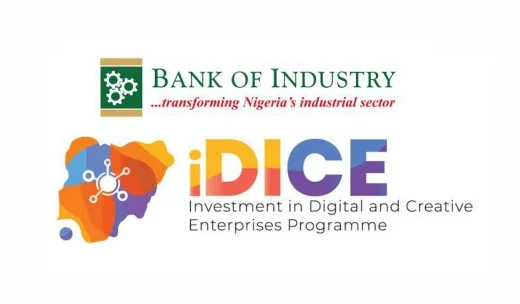• Lokpobiri blames middlemen for exit of multinationals from Nigeria’s oil sector
• NLNG Train 7 to aid LNG production capacity, says Kyari
As global energy dynamics evolve, stakeholders have highlighted the need for Africa to maximise its vast natural resources, promote local content and strengthen regional collaboration to secure a sustainable energy future.
With Africa endowed with abundant oil, gas and renewable energy resources, stakeholders believe that strategic development and efficient management of the resources are essential to meeting the continent’s growing energy demands.
According to the Minister of State for Petroleum Resources (Oil), Heineken Lokpobiri, by committing to local content, sustainability and innovation, Nigeria is set to be a leader in the global energy conversation and not just a participant.
Speaking at the opening session of the 2025 Sub-Saharan Africa International Petroleum Exhibition and Conference (SAIPEC) in Lagos, with the theme, ‘Building Africa’s Future: Advancing Local Content and Sustainable Development in the Oil and Gas Industry’, Lokpobiri underscored Nigeria’s commitment to energy independence, adding that “local content is not a mere aspiration” but an economic necessity.
Through the growth of Nigerian companies, he said, the demonstration of technical expertise and operational efficiency revitalised dormant assets, expanded production and retained greater value within the economy.
“Nigeria is now a regional leader, proving that African nations can take full ownership of their resources and transform them into engines of prosperity. Local content is no longer a luxury; it is the key to unlocking Africa’s true potential. By investing in local businesses, nurturing our youth and transferring critical technology to our people, we are not just building an industry, we are shaping our future,” he said.
Highlighting Nigeria’s success in empowering indigenous companies, the minister pointed to the country’s divestment programme, which allowed local firms to take ownership of marginal fields and shallow water assets.
He urged African nations to collaborate, close funding gaps and harmonise regulations to enhance the continent’s competitiveness.
With the global transition to cleaner energy underway, Lokpobiri stressed that Africa must seize the opportunity to lead in sustainable development. He outlined a two-pronged strategy: maximising hydrocarbon resources responsibly while integrating renewable energy sources for long-term stability.
He tasked Africa to move beyond discussions and take decisive action by strengthening regional collaboration to foster unity rather than competition and investing in human capital to equip its workforce for future energy opportunities.
The Group Chief Executive Officer (GCEO) of the Nigerian National Petroleum Company Limited (NNPCL), Mele Kyari, mentioned that for the gas export market, the ongoing NLNG Train 7 would expand Nigeria’s LNG production capacity to about 30 million tonnes per annum (MTPA).
He stressed that to achieve success in the oil and gas business, there is the need to balance energy transition, market realities and energy security to be driven largely by the availability of indigenous resources, strengthening local content, indigenous capacity development, regional cooperation and collaboration.
“Though oil and gas remain a significant component of energy, the global energy mix, and will remain so even in the next 50 years, NNPCL is working towards increasing production by unlocking more opportunities across the oil and gas value-chain, gas infrastructure development, Compressed Natural Gas (CNG) market penetration, increasing refining capacity and driving sustainability initiatives,” he said.
The Executive Secretary of the Nigerian Content Development and Monitoring Board (NCDMB), Felix Ogbe, emphasised the urgent need for a regional collaboration strategy to strengthen local content development in the oil and gas industry.
He noted that while countries like Nigeria, Angola, Ghana and Uganda implemented policies to boost indigenous participation, fragmented execution continues to hinder collective progress.
Ogbe highlighted the African Continental Free Trade Area (AfCFTA) as a vital framework to harmonise local content policies and promote cross-border partnerships, and ultimately position Africa for long-term economic prosperity.
Addressing key areas for collaboration, Ogbe stressed the importance of human capital development, citing Africa’s booming youth population as a major asset for economic growth. With 60 per cent of Africa’s population under 25 years of age, he urged governments to invest in skills development to ensure the workforce is equipped to drive industrialisation.
He further called for infrastructure investments to enhance local manufacturing and reduce import dependency, pointing to projects like the Dangote Refinery, Lekki Free Zone and Konza Technology City as examples of how regional partnerships could boost economic expansion.
“We invite interested businesses and investors in the areas of manufacturing in any of these industrial parks to contact the board for allocation of plots for development. It is hoped that the infrastructure will reduce import dependency, promote intra-African trade and enhance the competitiveness of local businesses,” he said.











